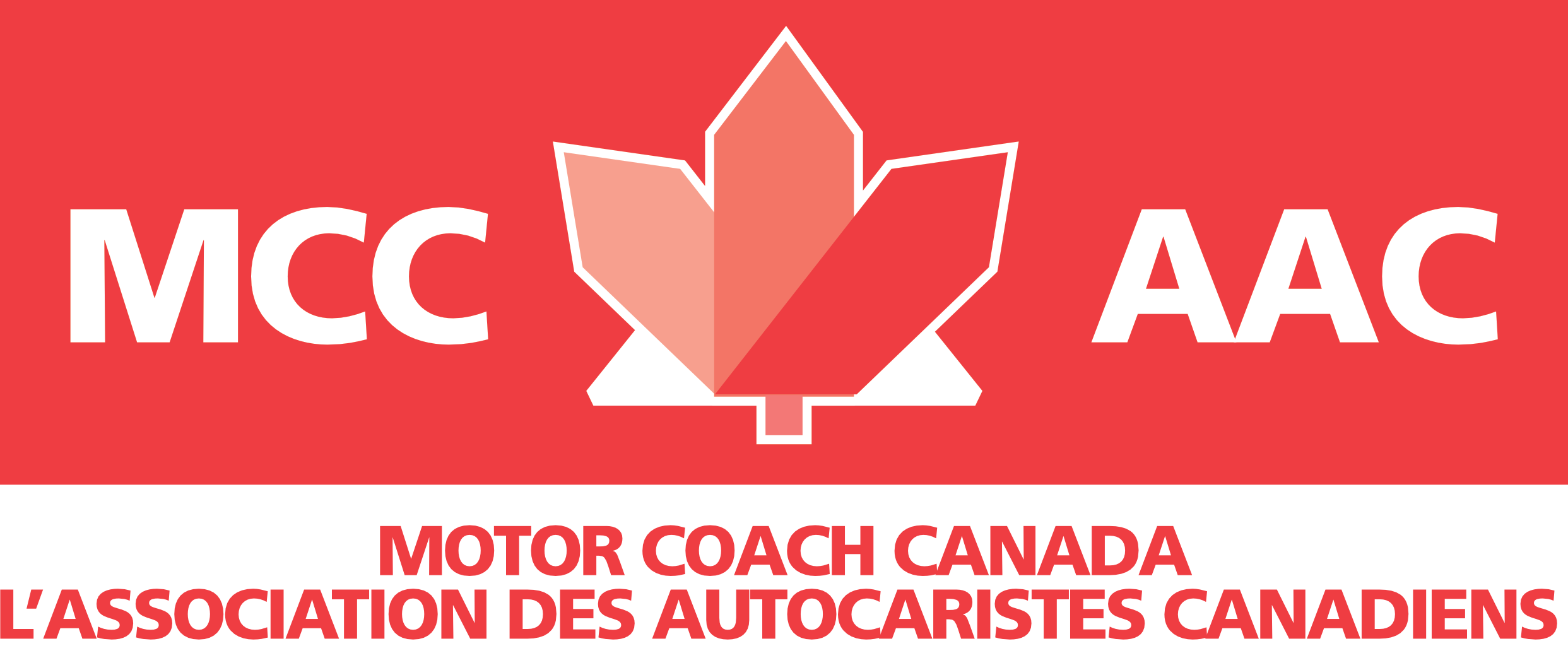The Government of Canada is conducting consultations for Let’s Talk Transportation initiative, which identifies new measures that will be introduced into regulation aimed at safety technologies.
They are:
- New regulations requiring infraction cameras, extended stop signal arms and exterior 360° cameras on all new school buses
- Regulations requiring automatic emergency braking systems and pedestrian automatic emergency braking systems on all vehicles including coaches and school buses
- Advanced driver assistance technologies such as;
- Advanced braking systems for motorcycles
- Emergency brake assist
- Electronic stability control for medium vehicles
- Emergency stop signal
- Regenerative braking signal
- Accident emergency call system
- Blind spot information system (heavy vehicles)
- Blind spot detection/warning
- Lane departure warning
- Lane keep assist
- Level 2 and Level 3 systems
- 360° cameras
- Camera monitoring systems
- Intelligent speed assist
- Rear-visibility system (medium and heavy vehicles)
- Driver drowsiness and distraction monitoring
Below are links to the consultations and the background documents. Members that submit comments are asked to also share their comments with MCC by sending it to jennifer@motorcoachcanada.com which will allow us to consider all concerns and issues when preparing a submission.
Please note that the following public consultations were published on Tuesday September 1st, 2020, on Transport Canada’s Let’s Talk Transportation platform:
Improving School Bus Safety in Canada
https://letstalktransportation.ca/road-safety-school-bus
Should automatic emergency braking systems be required for new vehicles?
https://letstalktransportation.ca/road-safety-aeb
Creating a standard for Advanced Driver Assistance Systems
https://letstalktransportation.ca/road-safety-adas
These are informal consultations as part of the pre-regulatory process. Please read the background documents available through the web links above, and provide your feedback to the questions included in each consultation and background document. These consultations will be open for comments until September 30th, 2020.
